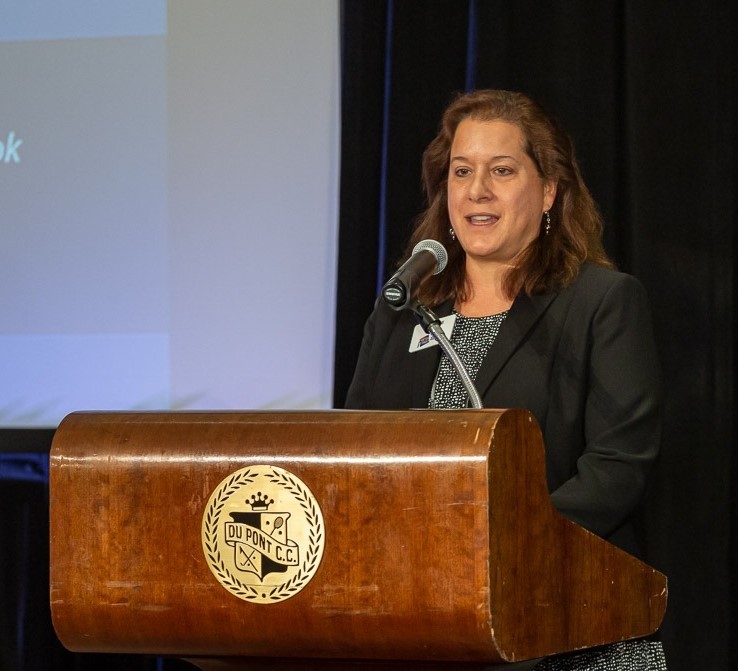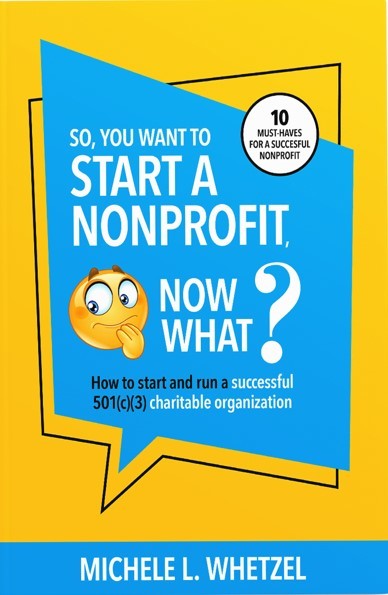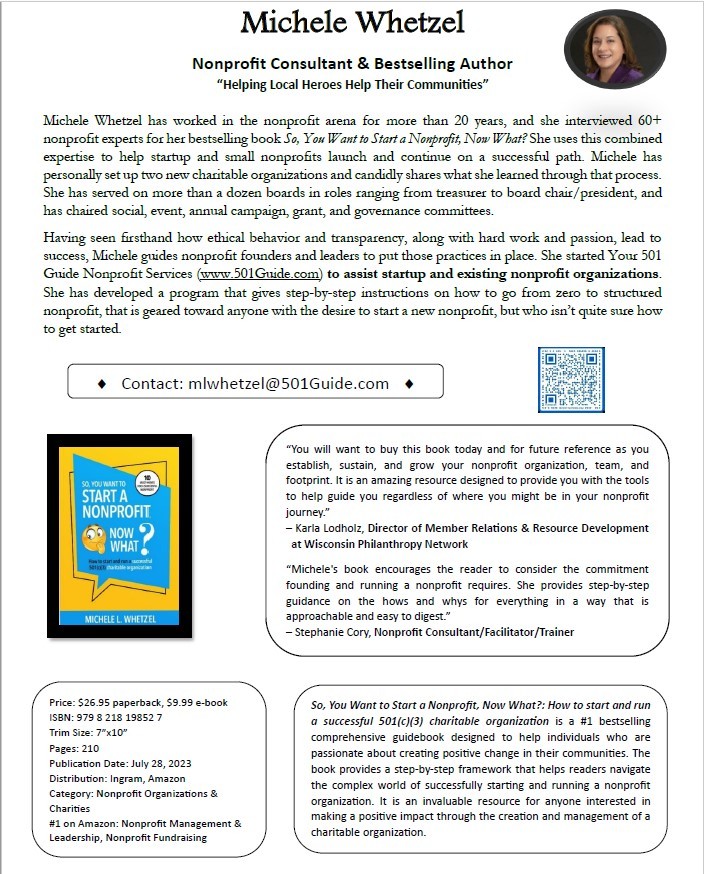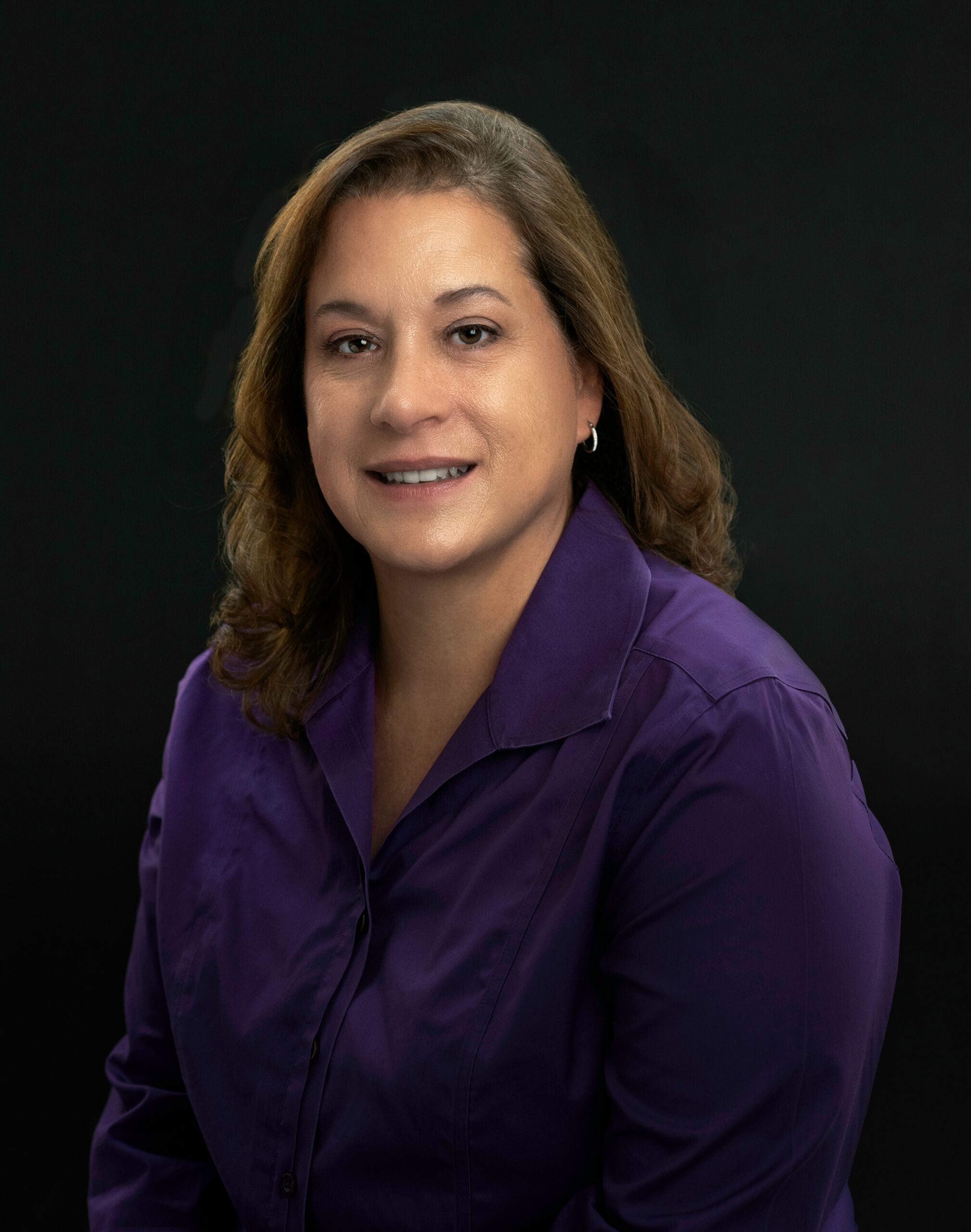We recently connected with Michele Whetzel and have shared our conversation below.
Hi Michele, so excited to have you with us today, particularly to get your insight on a topic that comes up constantly in the community – overcoming creativity blocks. Any thoughts you can share with us?
My book took me about a year and a half to write because I interviewed more than 60 experts in the field and then took their advice combined with my experiences to create a comprehensive guide. When I started out, I thought I was going to write a short e-book using only my knowledge, and that seemed like a very doable thing.
The process then took on a life of its own, and it took me about a year longer than I had anticipated. There were times that I was very frustrated about how much bigger it had become. The thing that got me through it was my consistency in setting time aside every day to write. Even if I was not sure what I was going to write about that day, I tried to set myself up for success by using the same, familiar process. In the end, the book is so much better than I could have imagined, thanks to all of the added input and time to make it the best it could be.
I used the Pomodoro Method where I would set a timer for 20 minutes. Then I would turn off all potential distractions and close the door to my office. Before I started the timer, I would put on upbeat instrumental music (nothing with lyrics that may have me distracted, singing along). Once the timer was started, I started typing – from my outline or from the interviews I had conducted. I would try hard not to be editing as I wrote. There is time for that later. If I needed to look up a fact or do some research to get clarification or more information, I would put a placeholder in that section of the text to be able to go back to it later. This 20-minute session is all about writing and creating, so try for no distractions, including editing or researching.
When the timer went off at the end of 20 minutes, I would force myself to get up to get a glass of water or to stretch. After a break, I could come back fresh and start again for another intense 20-minute session if time allowed that day. If not, one session would be better than none.
Even if your ideas are not great on any given day, you can get some sub-par words on the page and go back on a day you are feeling more brilliant to edit and enhance them. It’s so much better to write something than to be frozen and not moving yourself forward. Sometimes the 20 minutes is long and painful, but you can pat yourself on the back for working through the pain. Other times, you really get on a roll, and creativity just flows out. The interesting thing is that when you force yourself to find the time to do at least one session every day, you never know at the start which type of session it will be until you finish.
Thanks, so before we move on maybe you can share a bit more about yourself?
I have spent more than 20 years in the nonprofit world. For my book, “So, You Want to Start a Nonprofit, Now What?” I interviewed 60+ nonprofit experts, and I combined their expertise with my hands-on experience to help startup and small nonprofits get off the ground and thrive. Personally, I have started two charitable organizations, led three statewide nonprofits, and served on many boards in various roles like treasurer, grants chair, post grant chair, event chair, and governance chair.
I have seen how honesty, hard work, and passion can make a nonprofit successful. I use this insight to help nonprofit founders and leaders build strong organizations. That is why I started Your 501 Guide Nonprofit Services (www.501Guide.com), to support both startup and existing nonprofits.
I am currently creating a course that gives step-by-step instructions on how to go from zero to structured nonprofit. It is geared toward anyone with the desire to start a new nonprofit, but who isn’t quite sure how to get started or follow through on all of the steps. The course should be ready for students in mid-2024.
Through my work, I have learned a lot, and I am excited to share that knowledge. I want to help others avoid common mistakes and find success faster for their passion project.
Looking back, what do you think were the three qualities, skills, or areas of knowledge that were most impactful in your journey? What advice do you have for folks who are early in their journey in terms of how they can best develop or improve on these?
The three qualities I believe have been most impactful for me in my journey are the desire to learn new skills, surrounding myself with smart women I can learn from, and my belief that if it scares me, it is probably something I should attempt.
I recommend doing things that scare you. I don’t mean trying reckless, dangerous stunts that may kill you. I am referring to those things that the average person has some fear of like public speaking, applying for a job when you only have 75% of the experience they are looking for, volunteering to chair a committee when you are not completely sure you can do it, or taking a trip to a land where you do not speak the local language. Jump in feet first, find people who can help you prepare, and do your homework. The more you prepare and learn, the better you will handle the situation. If it doesn’t quite work out as well as you had hoped that first time, do not make that an excuse not to try again. Take it as a challenge to learn from what didn’t work, prepare more the next time, and set yourself up for success. Once you have successfully completed one of these tasks, you will start to believe in yourself and your abilities. Step out of your comfort zone, and you will find the possibilities are endless.
As a woman, I have learned the value of having smart, bold, fantastic women as friends and mentors. Most accomplished women are happy to turn back around and help those on their way up. They want to share what they have learned to help others succeed as they have. Ask someone to do a 15-minute call to pick their brain about a certain topic you are struggling with, invite a woman you admire to have coffee to ask their advice, or get a group of amazing women together for a “Smart Talk” dinner every so often. Most people are honored that you respect their knowledge and accomplishments and will be happy to give advice.
If you are willing to keep an open mind and always be learning new skills, you will go far. If you have taken the leap and signed up to go to that foreign country, maybe add the Duolingo app to your phone or computer, and start to learn the basics of that language before you go. Volunteer to lead that committee, and before you start, do research to learn more about how to do that job, and ask those who have done it before you to give you pointers. Take notes and refer back to them as you go. Take a course or get a certification for a skill you have been wanting to learn. This will keep your life exciting and it will keep your mind sharp.
Before we go, any advice you can share with people who are feeling overwhelmed?
Like many of us, I tend to overcommit myself. When I get that tight feeling in my chest, my heart starts racing, and I am feeling overwhelmed, I know it is time to take a step back and regroup. If I look at the overall picture of what needs to get done, it feels like a mountain I can’t climb, but if I break the tasks down into smaller, bite-size pieces, it becomes more doable. I also need to force myself to face those tasks rather than avoiding them, as is my natural inclination.
First I list all that needs to be accomplished. I then break the larger segments down into smaller to-do items, and I determine what order makes sense to do them in and prioritize. If there are things I need to do that will require a good amount of quiet and concentration, I turn off all distractions, close my office door, and I set a timer for 20 minutes. For that 20 minutes I will give my full concentration to the task at hand. I do not edit, research, or go far off task during that time. If I am writing and I need more details for a section, I will put a filler in and highlight it, then move on. I find that 20 minutes is very doable, and, if I concentrate fully, I actually accomplish quite a bit. And, anyone can fit 20 minutes into their very busy schedule.
When the time goes off, I get up and stretch, go get a cup of coffee, or do other smaller tasks before setting the timer again for another concentrated effort. When you have completed that segment of your to-do list, check it off the list and move on to the next.
I find when I have bite-sized pieces to work on, I can plow through them one-by-one and later be surprised by how much I have accomplished toward the large, overwhelming goal. This takes the panic out of accomplishing large feats.
Contact Info:
- Website: www.501Guide.com
- Linkedin: https://www.linkedin.com/in/michelewhetzel/
- Youtube: https://www.youtube.com/channel/UCGxRO0IROmzf-IaIaUrNoBw







